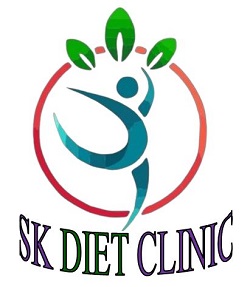Certainly! It seems like you're interested in information about both pre-pregnancy (before becoming pregnant) and post-pregnancy (after giving birth). Here's a brief overview of each:
Pre-Pregnancy:
Health and Lifestyle:
Women planning to conceive are advised to adopt a healthy lifestyle, including a balanced diet and regular exercise.
It's crucial to maintain a healthy weight, as both underweight and overweight conditions can affect fertility.
Avoiding tobacco, alcohol, and illicit drugs is essential to reduce potential risks to the developing fetus.
Medical Check-ups:
Women should undergo pre-conception medical check-ups to ensure they are in good health and address any existing medical conditions.
Screening for sexually transmitted infections (STIs) is important to prevent transmission to the baby.
Vitamins and Supplements:
Folic acid supplementation is recommended before conception and during early pregnancy to prevent neural tube defects in the baby.
Prenatal vitamins containing essential nutrients are often recommended.
Family Planning:
Couples might consider genetic counseling to assess the risk of inherited disorders.
Family planning discussions may include factors like timing, financial readiness, and emotional preparedness for parenthood.
Post-Pregnancy:
Recovery:
After childbirth, the mother undergoes a postpartum recovery period, during which the body gradually returns to its pre-pregnancy state.
This period involves physical and emotional adjustments, including healing from any childbirth-related procedures.
Postnatal Care:
Regular postnatal check-ups are essential for both the mother and the baby.
Health professionals monitor the mother's physical and emotional well-being and address any concerns.
Breastfeeding:
For mothers who choose to breastfeed, establishing a good breastfeeding routine is crucial for the baby's nutrition and bonding.
Emotional Well-being:
Postpartum emotional well-being is important, and conditions such as postpartum depression should be addressed promptly.
Adequate support from family and friends is valuable during this time.
Family Adjustment:
The entire family undergoes an adjustment period, adapting to the new dynamics and responsibilities associated with caring for a newborn.
Contraception:
Family planning discussions may continue, and decisions about contraception methods for future pregnancies are often made.
Both pre-pregnancy and post-pregnancy phases involve careful consideration of physical, emotional, and lifestyle factors to promote the well-being of both the mother and the baby. Professional medical advice and support play crucial roles in ensuring a healthy and successful pregnancy journey.

